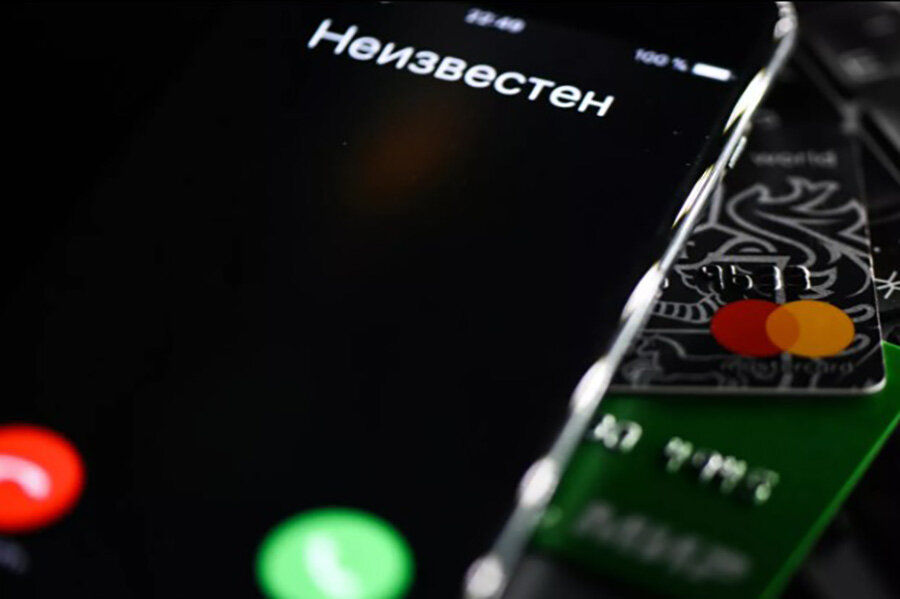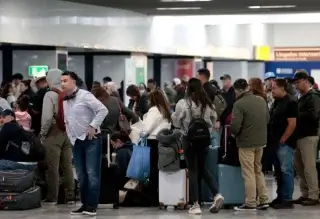read also
New Scam Targeting Tourists: Fake Embassy Calls

Photo: RIA Novosti
A new scam scheme is targeting Russian citizens who have submitted visa applications. Fraudsters impersonate embassy staff under the pretext of verifying documents or information. As with other scams, the attackers rely on SMS codes, confusion, and psychological pressure to trick victims, RIA Novosti reports.
Denis Kalemberg, CEO of SafeTech, noted that the geopolitical situation has made Schengen visas harder to obtain, which scammers are exploiting. Typically, affluent individuals planning foreign trips are targeted. After submitting visa documents, the victim receives a call from someone claiming to represent an embassy. They say there are issues with the application and request a confirmation via an electronic signature—triggered by a code sent via SMS. These spoofed messages may even appear to come from trusted sources, such as retail chains like Lenta.
Next, the victim gets text messages supposedly from the public services portal “Gosuslugi,” warning about unauthorized logins and data exports. One message may claim a power of attorney has been issued, followed by a prompt to call back.
By this stage, victims often panic, which plays into the scammers’ hands. When they call back, they’re told they’re suspected of financing terrorism and that large sums must be transferred to a “secure account”—either from personal funds or through bank loans. Some are even told a collector will come to pick up the cash in person. Unaware, victims hand over money or provide banking access.
This scheme is still relatively new, so many people don't recognize the danger. Earlier, the Interior Ministry reported another scam linked to "Gosuslugi" support emails, which followed a similar pattern.
Digital Development Minister Maksut Shadayev proposed a new layer of security for “Gosuslugi” accounts—trusted users who must confirm password changes. The new feature, expected in Q3 2025, will prevent unauthorized access even if a scammer obtains an SMS code. Authorities are also considering requiring in-person visits to government centers (MFCs) for sensitive actions.
Meanwhile, “Gosuslugi” has launched a new “life situation” feature to help fraud victims and boost digital literacy. On the official website, users are advised to block bank cards and report to police if they suspect fraud. Free legal assistance and account recovery instructions are available.
“Gosuslugi support agents will never ask for passwords, SMS codes, or security questions,” the site warns. “If someone asks for them over the phone, it's a scam.”
Подсказки: visa scam, Russia, digital security, Gosuslugi, phishing, embassies, tourism fraud, cybercrime, SMS scam, travel safety








